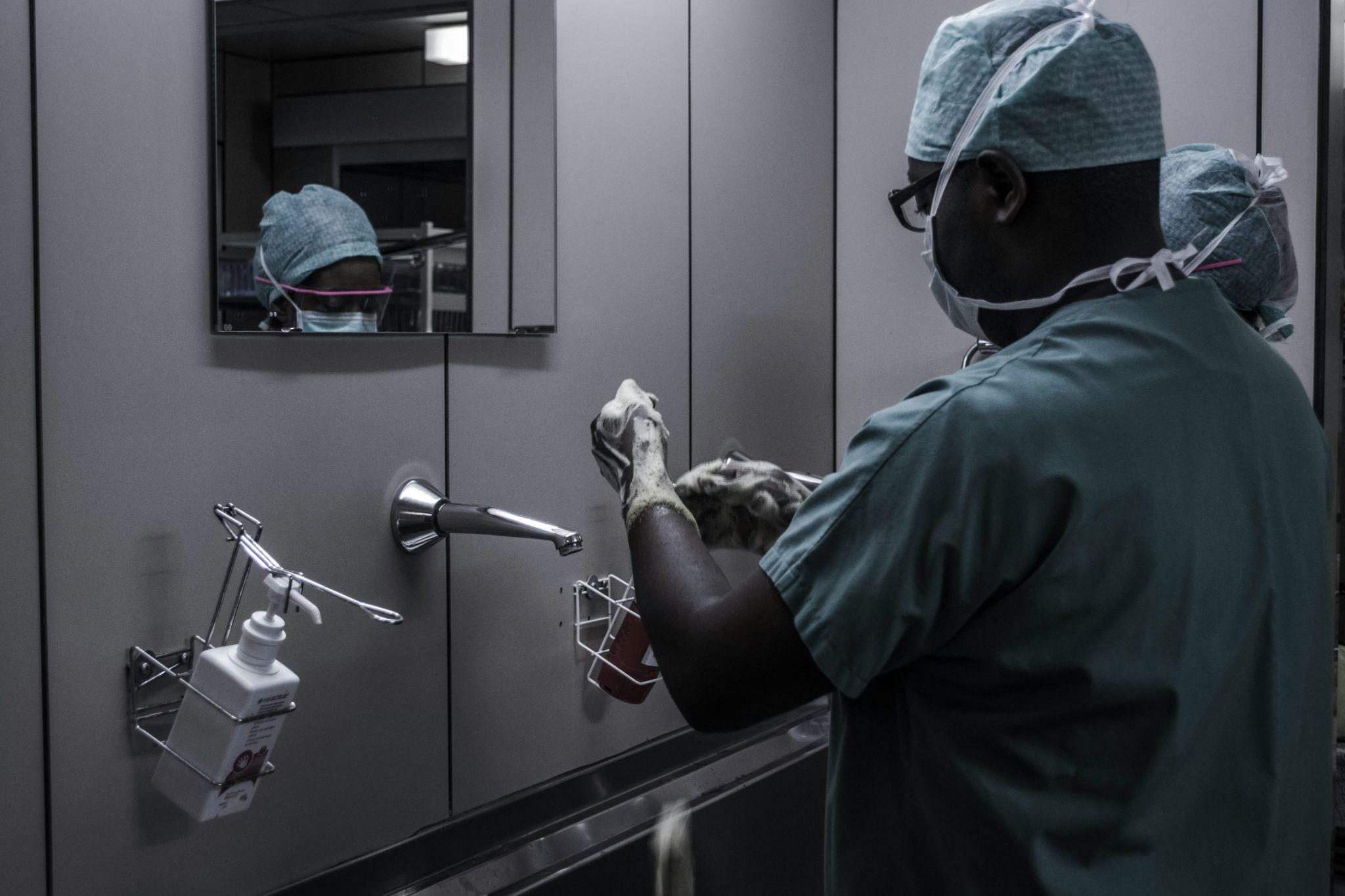
@ShahidNShah


Scattered across the planet, communities are crying out for reliable healthcare — but it’s in short supply. Shipping containers, originally intended for transporting goods, are being repurposed into mobile medical units to deliver essential healthcare services in remote and underserved areas. Supplying healthcare to isolated areas was a major challenge — until this trailblazing method came along, offering a workable solution.
Remote communities often lack basic healthcare facilities due to isolation, infrastructure limitations, and resource constraints. Medical centers in underserved areas don’t appear overnight — they require months of planning, significant funding, and extensive effort. Mobile medical units constructed from repurposed shipping containers offer a portable and affordable solution, capable of being swiftly dispatched to areas in need.
Medical care when you need it — that’s what these units provide. From vaccinations to urgent care, they have the expertise to meet critical healthcare needs.
Repurposed shipping containers provide a more affordable solution compared to conventional brick-and-mortar medical facilities. Containers offer an advantage for rapid clinic conversions — their design allows for seamless transformation into state-of-the-art medical facilities.
Once converted, these mobile units can be transported to remote locations by land, sea, or rail and set up with minimal effort. Critical healthcare services can reach patients in emergency situations much faster.
Shipping containers can be modified to serve diverse medical functions. Depending on the healthcare needs of a community, containers can be transformed into:
Healthcare standards are notoriously high, and these medical units meet the challenge by incorporating specialized systems that manage temperature, air quality, and power supply — essentially, everything healthcare professionals need to focus on patient care.
Repurposing containers supports sustainable development by minimizing waste and reducing the demand for new construction materials. Expanding healthcare infrastructure has become more eco-friendly, thanks to an approach that aligns with global sustainability goals.
Additionally, businesses and organizations interested in purchasing new or used shipping containers for various purposes, including storage and custom projects, can find reliable options through trusted suppliers like premiershippingcontainers.com.au. On-the-go medical units need containers that can keep up — that’s why durability and adaptability are key factors when selecting the right ones.
Built to withstand harsh weather and rough handling, shipping containers are highly durable. These systems excel in rugged environments where traditional medical facilities might falter — including flood-prone areas, mountainous regions, and arid deserts.
Their mobility gives them an edge — they can be relocated as needed. Flexible healthcare delivery means these units can meet patients where they are, even in unpredictable circumstances.
In the aftermath of natural disasters such as earthquakes, floods, or hurricanes, immediate medical care is crucial. Shipping container clinics can be deployed rapidly to provide emergency medical services, including trauma care, first aid, and minor surgeries.
Remote and rural communities often face logistical challenges in accessing vaccination programs. Temporary vaccination centers on wheels can increase immunization rates, boosting public health efforts.
Industries such as mining, oil exploration, and construction frequently operate in isolated areas where access to healthcare is limited. Mobile units bring essential medical care directly to these workforces, improving employee health and productivity.
For military personnel stationed in remote or conflict-prone regions, mobile medical units provide critical healthcare services. These units offer flexibility, ensuring that medical care is available wherever it’s needed.
To ensure effectiveness, shipping container medical units should incorporate several key features:
Shipping container-based medical units offer several distinct advantages:
Cost-conscious organizations benefit from these mobile units, as they reduce construction expenses and save money compared to traditional healthcare facilities.
Healthcare delivery is on the cusp of a revolution, and shipping containers are leading the charge. Medical services can now reach people in hard-to-access areas, offering mobile, affordable solutions that travel where they are needed most. From emergency care to routine check-ups, mobile medical units are breaking down barriers and improving lives worldwide.
With shipping container-based medical clinics at the forefront, the future of healthcare looks promising. The distance between people and quality medical care continues to shrink, transforming lives and communities in the process.

From building consensus on the definition of responsible artificial intelligence to waxing on about semiautonomous health AI use cases, industry and government appear to be heading toward shared …
Posted Jan 13, 2025 Healthcare Artificial Intelligence
Connecting innovation decision makers to authoritative information, institutions, people and insights.
Medigy accurately delivers healthcare and technology information, news and insight from around the world.
Medigy surfaces the world's best crowdsourced health tech offerings with social interactions and peer reviews.
© 2025 Netspective Foundation, Inc. All Rights Reserved.
Built on Apr 17, 2025 at 6:07am